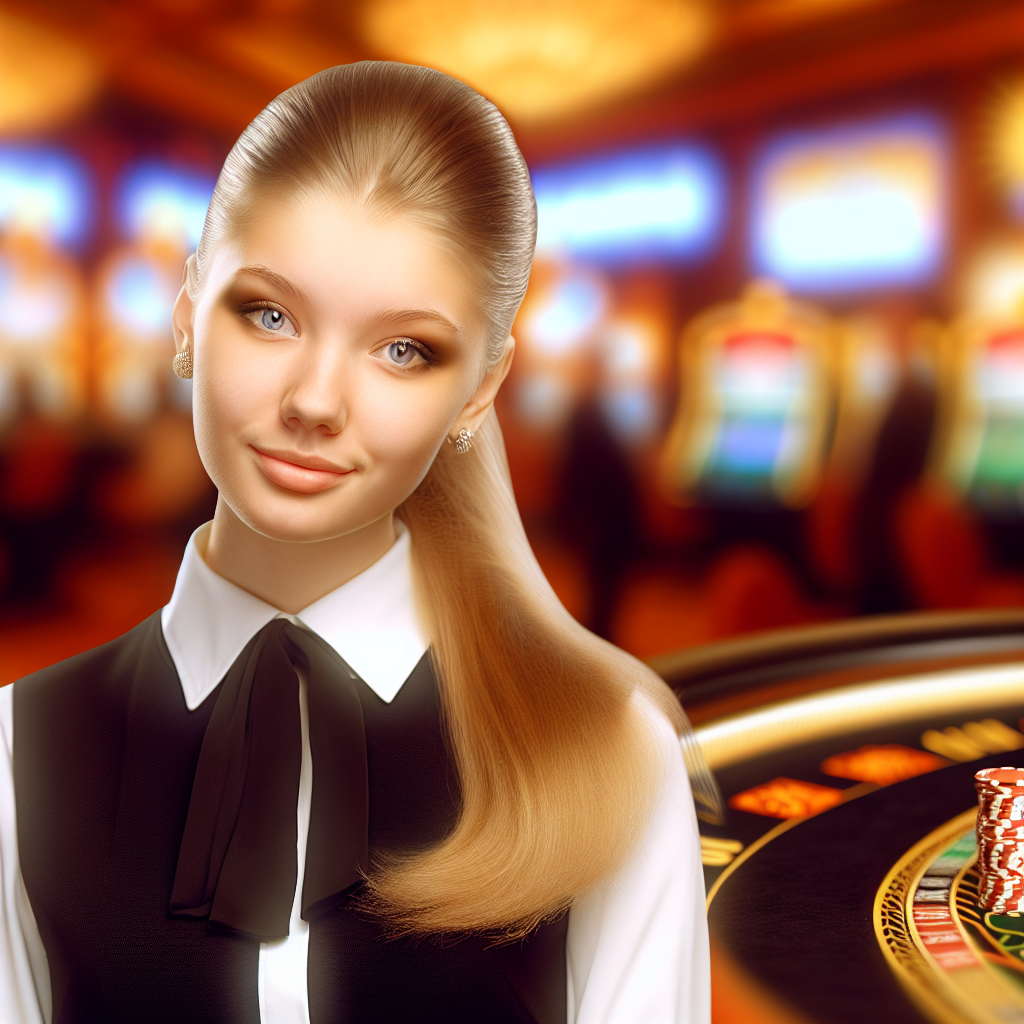
Picture a bustling casino floor, the clinking of chips and the murmur of players blending into a symphony of anticipation. Among the tables, a poker player raises a glass of beer, subtly altering the dynamics of the game. This seemingly innocuous act can hold deep implications for the strategies employed around the felt.
The concept of the “beer poker tell” emerges from the interplay of casual drinking and the art of bluffing. While poker enthusiasts often look for physical tells, such as a twitch or a change in breathing, the presence of alcohol introduces another layer of complexity. A player’s decision to drink—or abstain—might hint at their confidence, bluffing prowess, or even their overall emotional state. Understanding these nuances can be a powerful tool in predicting an opponent’s next move.
The Psychology Behind the Drink
In poker, psychology plays as much a role as skill and luck. The act of drinking can be laden with psychological signals. For some, it might be a way to calm nerves, while others might use it strategically to appear more relaxed or less predictable. The beer poker tell leverages these psychological cues, turning a social activity into a tactical advantage.
For instance, a player who suddenly orders a drink after a significant hand could be attempting to mislead others into thinking they are now playing more casually, masking their true intentions. Conversely, a player who remains sober might be signaling their focus and seriousness, perhaps hinting at a strong hand. These subtleties add layers to the game, making each decision critical.
Global Perspectives on Drinking and Poker
Drinking habits can vary widely across different regions, influencing how the beer poker tell is perceived and utilized. In some areas, social drinking is deeply embedded in the culture, making it a common sight at poker tables. In other regions, players might see sobriety as a sign of dedication and professionalism.
For players in the UK or Australia, where pub culture is prevalent, incorporating drinks into poker sessions is often part of the social experience. Meanwhile, in parts of Asia, where poker is seen as a serious pursuit, alcohol might be less common at the tables. Understanding these cultural differences is essential for players aiming to master the beer poker tell as part of their strategy.
Practical Considerations and Strategy
For those looking to incorporate the beer poker tell into their gameplay, several practical considerations come into play. First, it’s vital to maintain self-awareness to ensure that one’s own drinking does not impair judgment or decision-making. Observing others, however, can yield valuable insights.
A savvy player will watch for changes in behavior that coincide with drinking. Does a player become more aggressive or conservative after a drink? Do they chat more, revealing potential information? These observations can provide clues about their hand strength and strategy.
Ultimately, the beer poker tell is not about the drink itself but about reading the broader context and understanding human behavior. As players refine this skill, they gain an edge, transforming what might seem like a casual habit into a strategic advantage.
What is a 'beer tell' in poker?
A 'beer tell' refers to a player's behavioral clues or body language when they are drinking alcohol during a poker game.
How can casual drinking affect poker performance?
Casual drinking can impair decision-making skills and lead to more relaxed, sometimes reckless, gameplay.
Why do some players drink during poker games?
Some players drink to relax, reduce stress, or intentionally appear less focused to mislead opponents.
Can drinking alcohol make it easier to bluff in poker?
Drinking might make a player more confident and willing to bluff, but it can also make their bluffs easier to detect if they are not cautious.
What are some common 'beer tells' players should watch for?
Common 'beer tells' include increased talkativeness, fluctuating betting patterns, and visible signs of relaxation or tension.
How can you protect yourself from giving away 'beer tells'?
Monitor your alcohol intake, be aware of your body language, and maintain consistent betting patterns to avoid revealing 'beer tells'.
Is it considered unethical to exploit 'beer tells' in poker?
Exploiting 'beer tells' is generally considered part of the game, as players are expected to manage their own behavior and choices.
How can experienced players use 'beer tells' to their advantage?
Experienced players can observe and analyze changes in behavior or betting styles to make strategic decisions against opponents who are drinking.
What strategies can be employed to disguise 'beer tells'?
Players can use reverse tells, such as pretending to be more affected by alcohol than they are, to mislead opponents.
How do professional players manage alcohol consumption during high-stakes games?
Professional players often avoid alcohol entirely or consume it in very limited quantities to maintain peak performance and focus.
Can observing 'beer tells' provide an edge in online poker?
In online poker, 'beer tells' are less observable, but erratic betting patterns and chat behavior can sometimes offer clues.
What advanced techniques can be used to counteract an opponent's 'beer tell' strategy?
Advanced players may use meta-strategies, such as adjusting the tempo of the game or employing psychological tactics, to counteract opponents exploiting 'beer tells'.
This article was created by the official editorial team of CasinoVVV.com, delivering trusted insights, global casino industry news, and professional gaming analysis.
